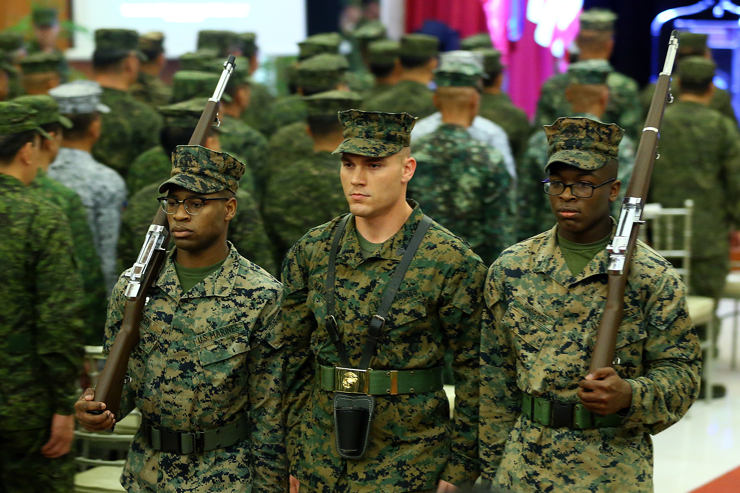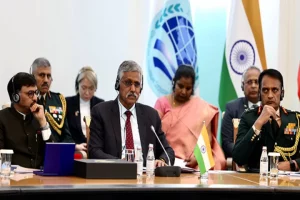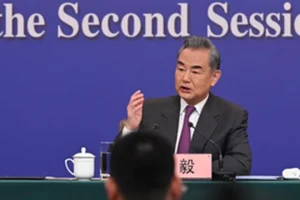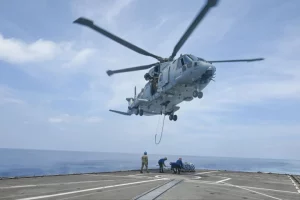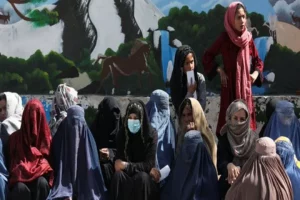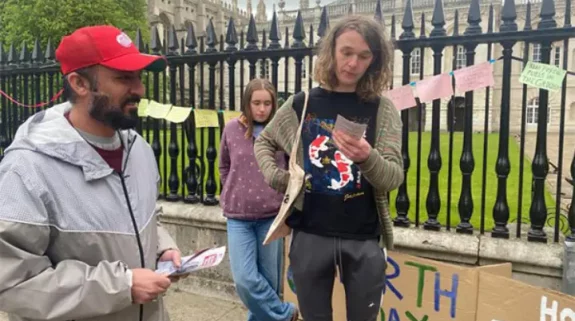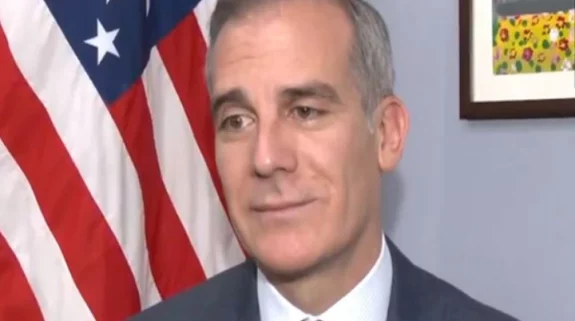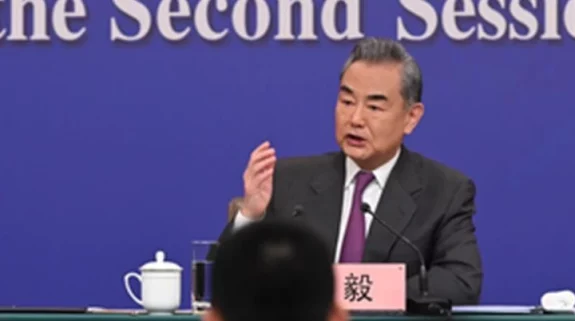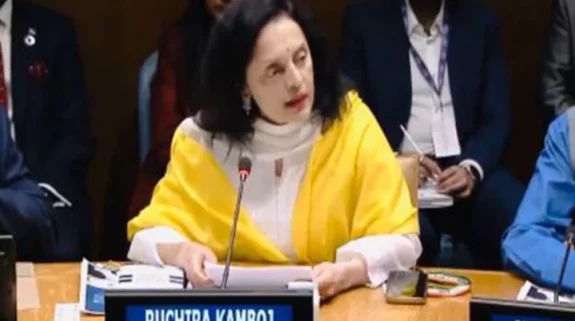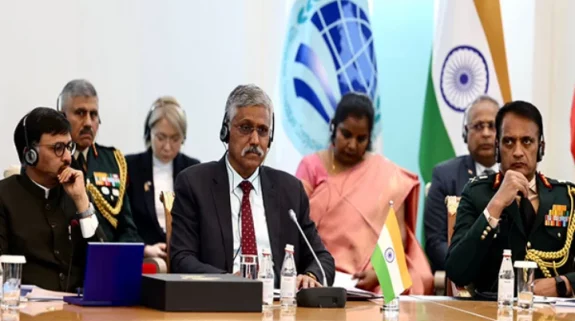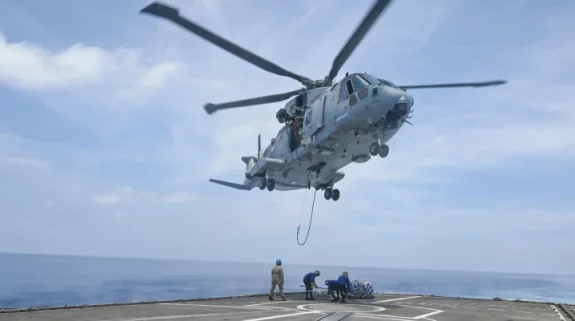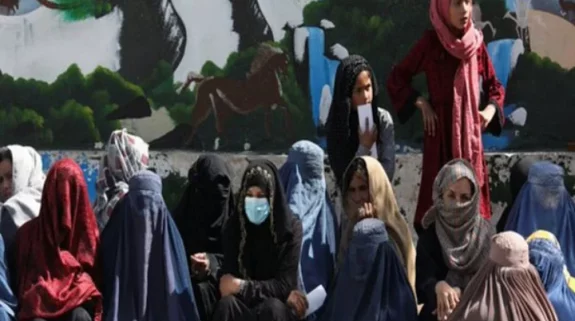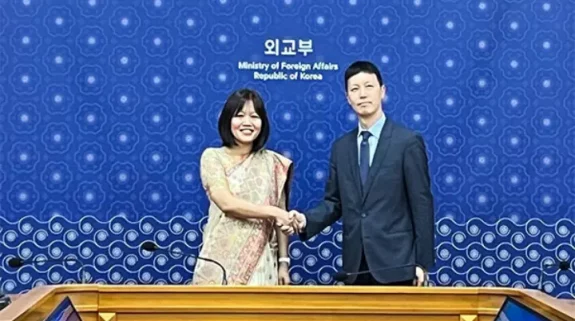In a decision that has wide-ranging ramifications on the balance of power in South-East Asia, the Philippines has decided to retain the Visiting Forces Agreement (VFA) with the US. The revival of the military agreement between the allies will allow the two nations to hold military exercises in a tense Indo-Pacific and will ensure the presence of American soldiers in the region.
A sword of uncertainty had hung over the agreement after Philippines President Rodrigo Duterte announced in 2020 plans to revoke the pact. Duterte was distancing himself from a long-standing Western ally to move closer to the communist neighbour.
The Philippines' latest move will counter-balance the increasing muscle-flexing by China in the region. Also, it is going to annoy China considerably.
I just left a productive meeting with President Rodrigo Duterte. We discussed the importance of the U.S.-Philippines alliance and the strong ties between our people. pic.twitter.com/wIHF3r21Aj
— Secretary of Defense Lloyd J. Austin III (@SecDef) July 29, 2021
Former Indian ambassador and author, Achal Malhotra told India Narrative that the decision will alter the geo-political dynamics considerably: "The Philippines is one of the oldest allies of the USA and retaining American military presence in the region has acquired added significance in the backdrop of China's aggressive policies, particularly in the South China Sea and also the East China Sea. The Philippines leader's walking out of the pact would have been a setback to some extent to the US plans to contain China in Indo-Pacific region".
Announcing the restoration of the agreement in Manila, US Defence Secretary Lloyd Austin tweeted: "Thank you, Secretary @del_lorenzana, for discussing a range of defense topics, including President Duterte’s decision to fully restore the Visiting Forces Agreement. Today underscored the vital nature of our treaty alliance with the Philippines, our oldest treaty alliance in Asia". He added that this will allow the two nations to strengthen their defence relations.
The decision was announced by Delfin Lorenzana, the Philippines Defence Secretary, in a joint news conference with his American counterpart Lloyd Austin. Lorenzana said: "The president decided to recall or retract the termination letter for the VFA. There is no termination letter pending and we are back on track”.
The decision was welcomed in the country.
Leaders in the Philippines have hailed the restoration of the military agreement and also the relations between the two countries in an uncertain and challenging international political environment, wrote the Philippine News Agency in an article.
The fast-changing dynamics in the region after the advent of the coronavirus pandemic from Wuhan, and China's hostile actions towards its neighbours seems to have brought about a change in Duterte's plans. Over the past year he had made it clear that he was cementing ties with China and Russia over the US. Another reason for the planned termination of the VFA was to make the Philippines military more independent.
Malhotra says: "Significantly, the Philippines appears to have realised that the policy of appeasing China may not take it very far and in fact at some point of time it may cause their isolation within ASEAN".
The VFA allows the US to keep its troops in the Philippines for both military exercises and humanitarian assistance. It also allows the US to quickly respond to any military activity in the conflicted-waters of the region owing to Beijing's hostile assertions.
With this decision, Manila has turned back full circle.
The nation has hosted two of the largest bases which the US ever maintained outside the US–the Clark Air base and the Subic Naval base. Historically, the Filipinos have played a love-hate relationship with American troops.
The Clark Air base saw action in both the World Wars and the Vietnam War in 1955-1975. After a volcanic eruption in 1991, and disagreements between Washington and Manila over financial costs, the US decided to vacate the base. The Philippines converted it along with nearby areas into a Special Economic Zone and a free port to boost foreign trade and commerce.
Curtains closed for the Subic Naval base as well.
After the departure of the Americans in 1991, the Chinese began moving in the region by 1993-1994. Beijing established control over Spratly Islands in 1994 and began laying stronger claims in the South China Sea. With continued harassment in its own waters by an assertive communist regime, the Philippines rushed back to American safety.
By 1999, just years after the American troops were packed off, the Philippines and the US signed the VFA to bring back American troops to hold military exercises with Filipino soldiers and build their capacities.
All was well till Duterte's decision in 2020 to cancel the VFA pact. Once again the Philippines' leadership had to eat humble pie as China began raising its head.






